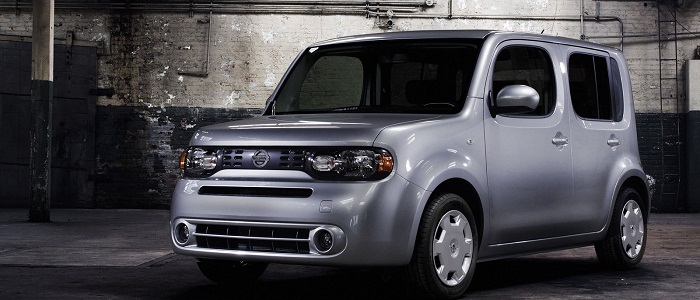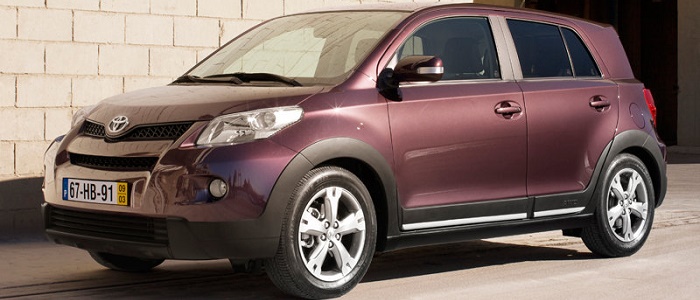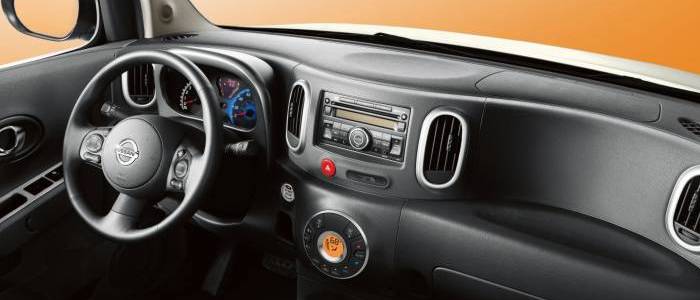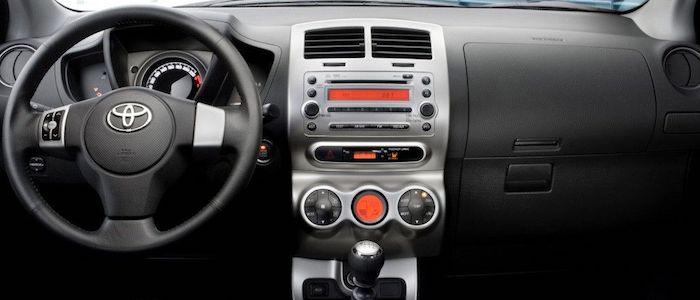Compare two cars
Compare any two cars and get our Virtual Adviser™ opinion
Dimensons & Outlines
Check vehicle history
Engine
Performance (manual gearbox)
Performance (automatic gearbox)
Expenses
Virtual Adviser's™ opinion
Well, these are two pretty similar cars we have here! It's only details that could potentially make the difference. Considering they both belong to the mpv segment and utilize the same 5-door MPV body style and the front wheel drive system, it all comes up to the specific petrol engine choice they offer. The first one has a Nissan-engineered powertrain under the hood, a 4-cylinder, 16-valves 110hp unit, while the other one gets its power and torque from a 4-cylinder, 16-valves 98hp engine designed by Toyota.
SafetyThe first thing to look into here would be the results from European New Car Assessment Programme (Euro NCAP) tests performed on the two cars. Good thing is that both vehicles got tested, with the Nissan being a slightly better choice apparently. That aside, let's consider some other aspects which affect safety. Both vehicles belong to the mpv segment, which is generally a good thing safety-wise, still it doesn't help us solve our dilemma, does it?
ReliabilityI don't like generalizing things when it comes to reliability, although it does seem that both brands display similar results in faults and breakdowns, at least on all of the models level. These are the official statistics, while our visitors describe reliability of Nissan with an average rating of 4.3, and models under the Toyota badge with 4.6 out of 5. Unfortunatelly, I don't have enough insight that would allow me to comment in more details on the specific models level. We should definitely mention that owners of cars with the same powertrain as Cube rank it on average as 2.3, while the one under the competitor's bonnet gets 4.6 out of 5.
Performance & Fuel economyNissan is undoubtly more agile, reaching 100km/h in 1.2 seconds less than its competitor. Still, it lacks the power to win the top speed competition, topping at 175 kilometers per hour, exactly the same as the other car does. When it comes to fuel economy the winner has to be Urban Cruiser, averaging around 5.5 liters of fuel per 100 kilometers (51 mpg), in combined cycle. We can't ignore that 20% difference compared to Cube.
Verdict
Toyota appears just a bit more reliable, although the difference is truly marginal. The most important thing when deciding between any two vehicles should always be safety, both passive and active. In my opinion, everything taken into account, Cube offers significantly better overall protection, taking the lead here. It all continues in the same direction, with Nissan being considerably quicker, thus putting more smile on driver's face. It does come at a cost though, and that's the fuel consumption... It's really tough to make a final decision here, but if I'd need to, I'd say Toyota. In any case that's my personal view, built upon all the data available to me. What should decide here though is the way you feel about the two vehicles, and I hope you'll find my guidelines useful in the process. Also, you could use the oportunity to find out which car, everything taken into account, would be the perfect choice for you in the eyes of the virtual adviser™, among thousands of similar, yet so different vehicles.
































